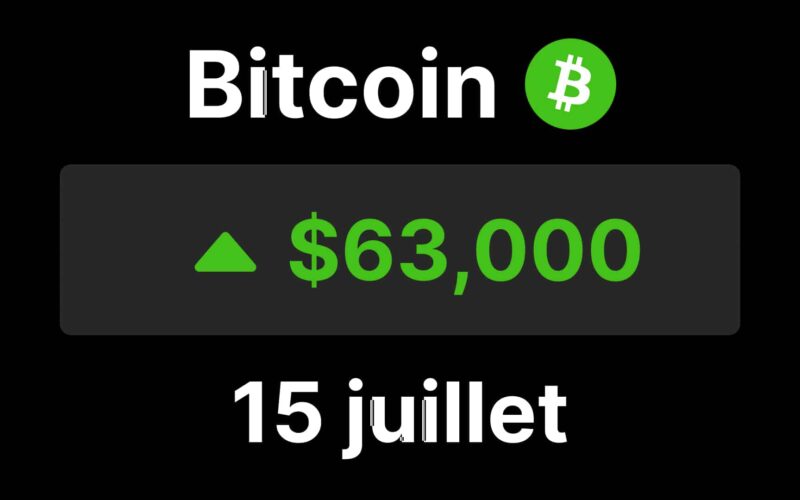The Attack on Donald Trump Boosted Bitcoin to $63,000 and Enhanced His Chances of Victory to 70% on Polymarket
The attack on Donald Trump, a pro-crypto candidate in the presidential race, has had an immediate impact on the cryptocurrency markets.
In less than 48 hours, the price of Bitcoin has surged by nearly 10%, surpassing $63,000. This dramatic increase is attributed to the rising probabilities of Trump’s victory in the November elections, now estimated at 70% on Polymarket.
Comparison with Past Events
Similar incidents in the past have shown that events involving influential political figures can have a significant impact on financial markets. For example, the attack on John F. Kennedy in 1963 led to a sharp decline in stock markets. In contrast to that period of decline, the failed attack on Trump has led to an increase in the value of Bitcoin, reflecting the positive perception of his pro-crypto policies among investors.
Donald Trump’s Pro-Crypto Strategy
Donald Trump has recently adopted a pro-crypto strategy to attract the cryptocurrency investor community, which is seeking a more favorable regulatory environment. This commitment has turned Bitcoin and the crypto market in general into bets on his electoral victory. Trump is set to speak at the Bitcoin 2024 conference in Nashville on July 27, further bolstering his image as a champion of cryptocurrencies.
Implications for International Markets
The increased likelihood of Trump’s victory has had immediate effects on global markets. The Chinese yuan has dropped against the US dollar due to fears of further tariff increases. Earlier this year, Trump had proposed revoking China’s “most favored nation” status and imposing tariffs of over 60% on Chinese products. The Mexican peso has also been impacted due to Trump’s tense relations with Mexico during his previous term.
Implications for Bonds and Yields
The prices of 10-year US Treasury futures have fallen, indicating higher yields. A Trump presidency would likely involve increased spending, tax cuts, and higher budget deficits. Several investment banks anticipate a steepening of the yield curve, which is currently inverted, in response to these policies.




